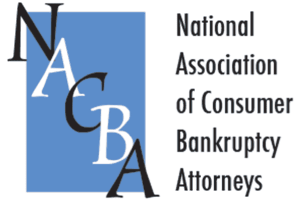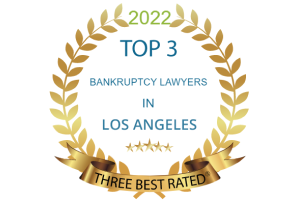Chapter 7 Means Test
What is the Means Test?
The “means test” is used to determine eligibility towards filing for bankruptcy. The means test was established around 2005 to determine whether an individual debtor has the capability to repay any portion of their debt due to disposable income they have after paying their necessary living expenses.
How Does the Mean Test Work?
This test helps filter out those who are able to repay their debts from those who are not by checking for potential disposable income. A Chapter 7 is meant for only those who are unable to pay any of their debt. If your income is less than the median, which varies by state, you are automatically qualified for filing. The higher the amount of disposable income (income left over after paying monthly expenses) you have, the more unlikely it will be for you to qualify for a Chapter 7. However, there are always exceptions to the rule, so never rule yourself out until your case has been competently calculated and analyzed by an experienced bankruptcy attorney.
The means test takes into consideration a Debtor(s) average gross income for the last 6 months while deducting necessary living expenses, based on IRS standards. Living expenses are nationally set based on IRS standards and tweaked based on what city one lives in. The major issue many come across in dealing with the means test is that the IRS standards for certain living expenses are much lower than what an individual may actually spend. For example, you may pay $3500/month for rent of your residence, but the Means Test may only give you credit for $2100 of that full amount, stating that only $2100 is reasonable for your family size in your locality. Therefore, this may leave you exposed to showing disposable income, which in reality you may not have. Our firm will analyze your means test and budget to see potential red flags that must be addressed prior to you filing your case so there are no issues or potential dismissals or conversions after filing.
Does a High Income Automatically Make Me Ineligible for a Chapter 7?
No. Having a high income does not necessarily disqualify a person from a Chapter 7. If you have a lot of expenses, such as car loan payments and a mortgage, you can still qualify for a Chapter 7. Your monthly expense standards vary based upon where you live. Please contact us for a free consultation at Bereliani Law Firm to learn more about where you stand on eligibility.











